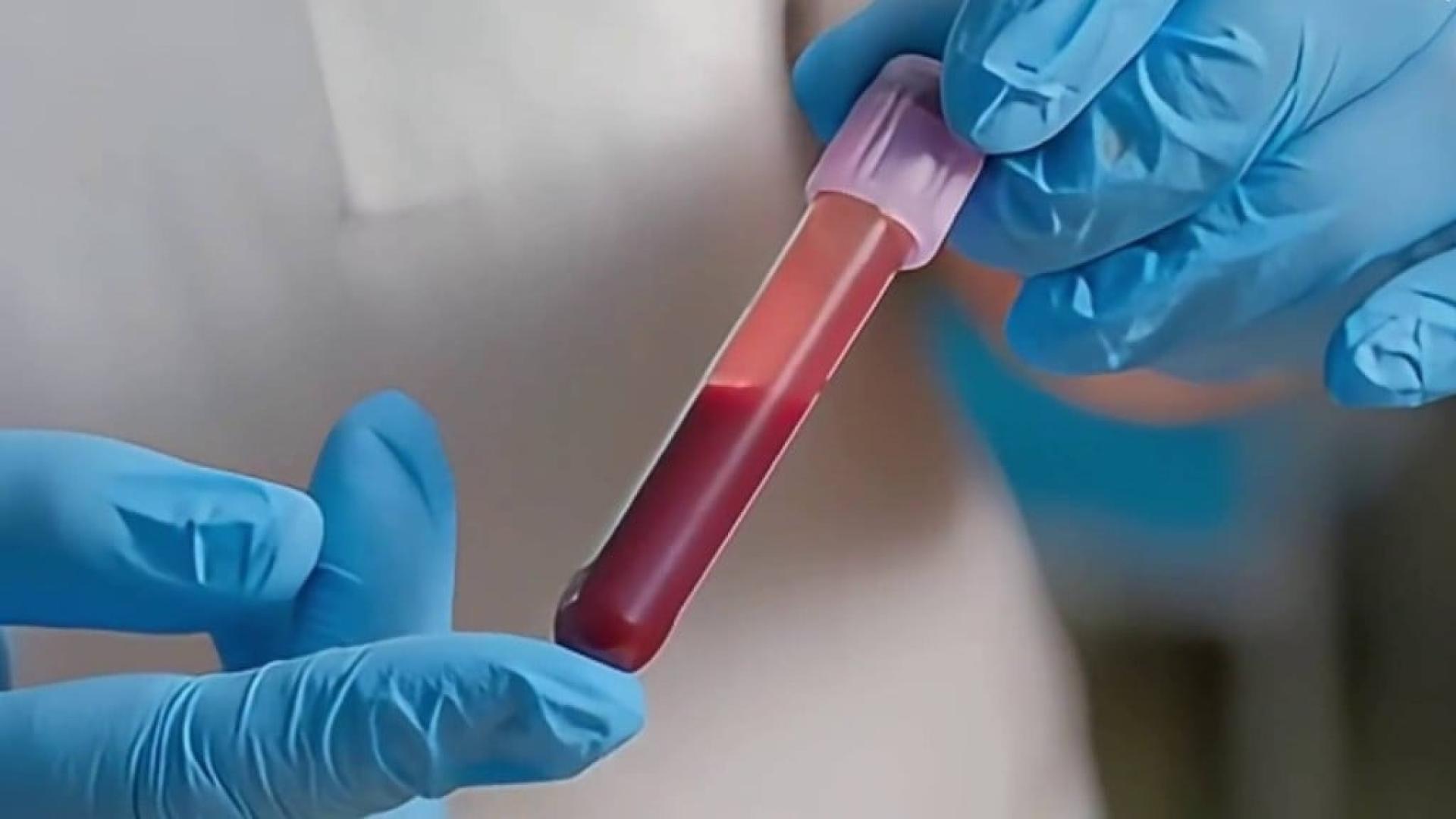The Central Blood Station of Shunde District, Foshan City, Guangdong Province, China, announced that its laboratory has recently screened a rare blood type Jk(a-b-)—a "diamond blood" whose rarity surpasses that of "panda blood" by a hundred times.
It is worth noting that this is the first case detected since the Shunde Central Blood Station launched urea lysis testing to screen for rare blood type Jk(a-b-) in 2024; there were previously no records of this blood type in Shunde.
True to its name, "diamond blood"—Jk(a-b-)—occurs in only 0.002%–0.02% of the Chinese population, making it over a hundred times rarer than the well-known "panda blood" (0.2%–0.5%). According to the Shunde Central Blood Station, admitting a "diamond blood" donor not only fills the local gap in screening for this rare blood type, but also provides a critical reserve for precise blood transfusions for the area and surrounding regions.
● What is "diamond blood"?
"When people talk about blood types, most are only familiar with the ABO system, but in reality, there are 43 independent blood group systems known to humans," explained staff from the Shunde Central Blood Station. The "diamond blood" detected this time belongs to the Kidd blood group system. The Jk(a-b-) type arises from a mutation in the SLC14A1 gene on chromosome 18, resulting in the complete absence of Jka, Jkb, and Jk3 antigens on red blood cells—like a special pass that "lacks certain identification marks." This also changes the genotype—this is the fundamental difference between "diamond blood" and ordinary blood types.
Staff said, given the rarity of "diamond blood," it is extremely difficult to find compatible blood. For patients who develop Jk3 antibodies, transfusion with the same blood type is necessary—this is why Shunde Central Blood Station has included this blood type in the local and Guangdong rare blood type registry, to build a stronger line of defense for patients.
● Does having "diamond blood" affect health?
Jk(a-b-) is not a disease, just a special genetic marker, and has no impact on everyday health. However, those with "diamond blood" face significant challenges if they ever require a blood transfusion. The immune system acts like a strict "security system," and when regular blood containing Jka or Jkb antigens is transfused, the body tags these incoming red blood cells as "intruders" and produces Jk3 antibodies to attack them.
This attack doesn't happen immediately—it can lie dormant for days or weeks, only launching a "surprise attack" after the transfused red blood cells have fully circulated. This is called a "delayed hemolytic reaction." Patients may develop fever, jaundice, and dark, tea-colored urine; in severe cases, kidney damage can occur.
For pregnant women with "diamond blood," the risks are even greater. If the fetus inherits the father's Jk antigen, the mother's anti-Jk3 antibodies can cross the placenta and attack the baby's red blood cells, leading to hemolytic disease of the newborn and possibly causing fetal anemia, jaundice, or even threatening the baby's life.
